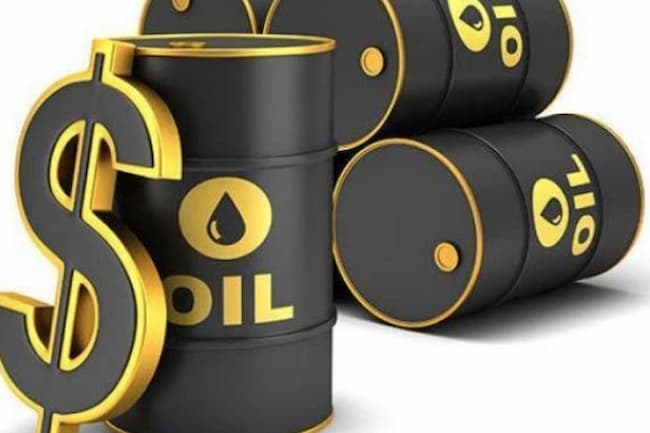Both main crude benchmarks fell, on Thursday, more than $5 per barrel, pushing oil prices to levels not seen since before Russia’s invasion of Ukraine, as worries of an economic downturn halted demand.
Brent, the worldwide benchmark, dipped as low as $94.45 a barrel in trading, while it finished at $96.84 the day before Russia invaded Ukraine on February 23.
The West Texas Intermediate, the US benchmark, dipped to $90.56, below its pre-invasion closing of $92.10. The price drops contributed to a six-week fall that has now completely reversed the price increase caused by Russia’s war with Ukraine.
Goldman Sachs analyst, Damien Courvalin, told the FT that the move “reflects growing concerns over oil fundamentals, both for higher supply and weaker demand.”
Prices rose earlier this year as a result of Vladimir Putin’s decision to send soldiers into Ukraine, with both Brent and WTI temporarily trading above $130 as western nations responded by placing sanctions on Russia, one of the world’s largest oil exporters.
However, recessionary fears and the threat of the US Federal Reserve choking GDP with quick tightening of monetary policy have slowed the advance. The US Energy Information Administration (EIA) said on Tuesday that gasoline consumption has fallen to its lowest level for this time of year since 1996.
“The weakness of US oil demand indicators does appear to have led to the weakness in prices,” said Paul Horsnell, an analyst at Standard Chartered, noting data had “worsened significantly.”
Oil prices have tumbled in the past two weeks on recession concerns despite a drop in crude and refined product exports from Russia amid Western sanctions and supply disruption in Libya.
Aside from that, Nigeria continues to lead underperforming nations in terms of oil production, hobbling the plan by the Organisation of Petroleum Exporting Countries (OPEC) to fully return the liquids taken off the market at the height of the COVID-19 pandemic.
Nigeria blames massive oil theft, decaying upstream infrastructure as well as its inability to restart oil wells shut down in the wake of the pandemic in 2020.
China’s daily crude oil imports in June sank to their lowest since July 2018, as refiners anticipated lockdown measures to curb demand, customs data showed on Wednesday. President Joe Biden of the United States will today fly to Saudi Arabia, where he will attend a summit of Gulf allies and continue his call for them to pump more oil.
However, spare capacity in OPEC is running low, with most of the producers pumping at maximum capacity, and it is unclear how much extra Saudi Arabia can bring into the market quickly.












